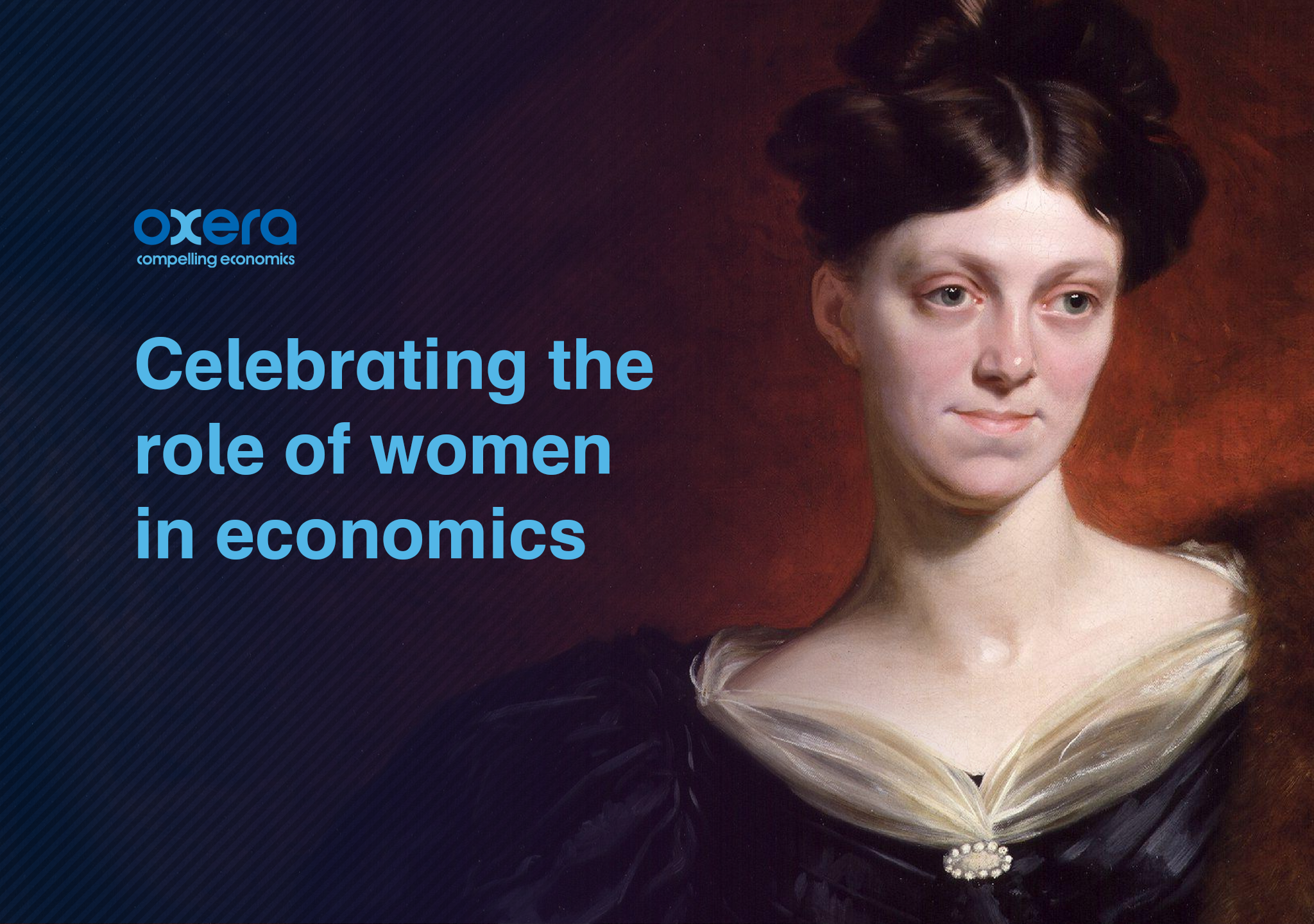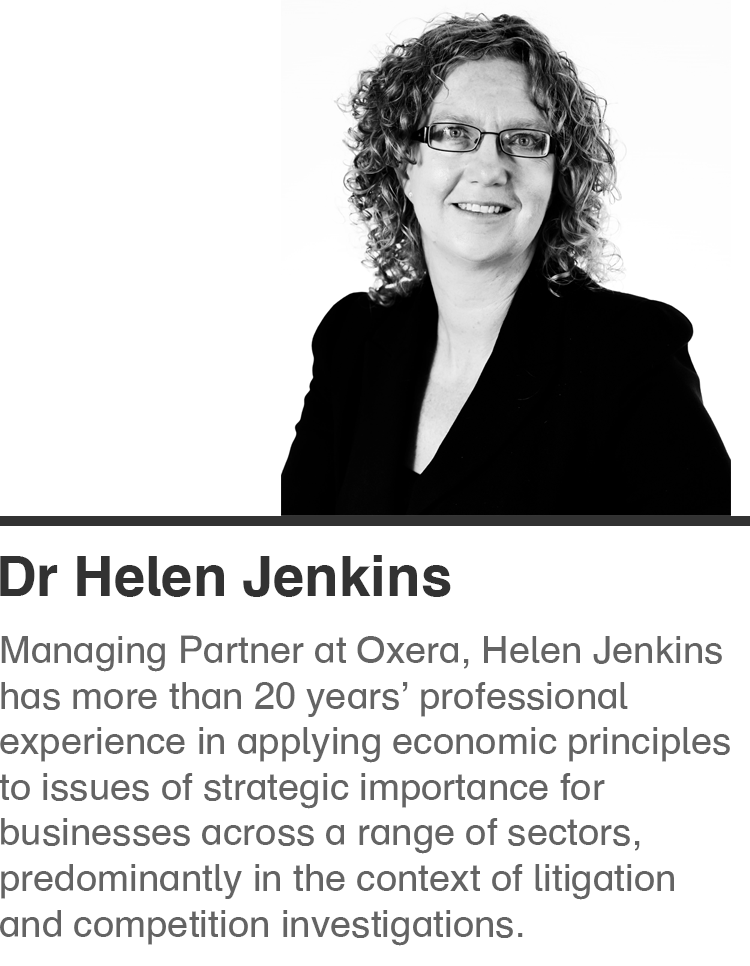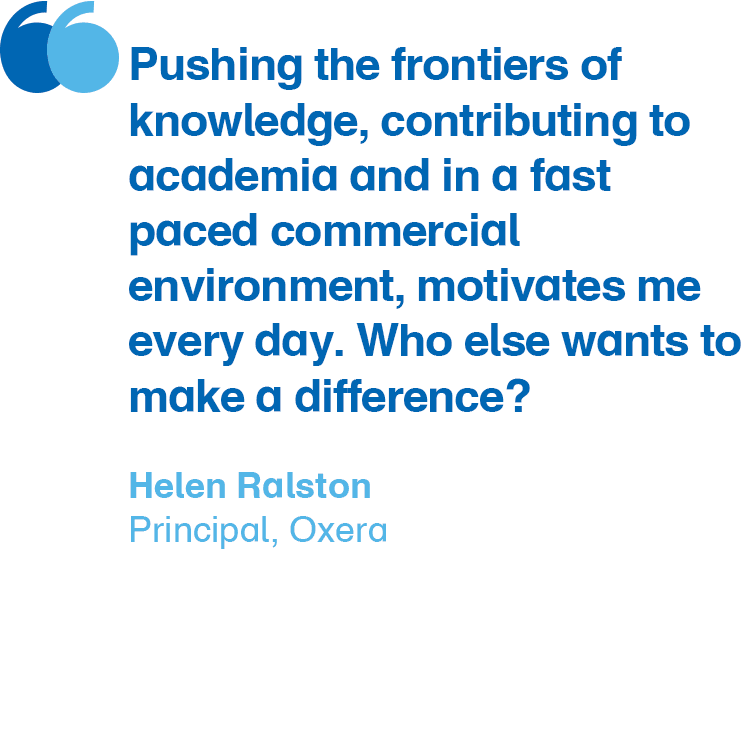

Foreword
‘There was a time when women in the economy, women in employment, women in finance were not seen as macro-critical. That’s no longer the case.’
Those are the words of Christine Lagarde, IMF Managing Director, ahead of International Women’s Day. It’s true, as Lagarde observes, that the landscape is changing. But is gender balance happening quickly enough?
In the UK, as in many other countries, the appointment of women to senior roles still isn’t as high a priority for businesses as it should be—not least because of the financial benefits. According to the IMF’s own paper: Gender Diversity in Senior Positions and Firm Performance: Evidence from Europe, adding just a single woman to a corporate board raises return on assets between eight and 13 basis points.
And it’s not just the boardroom where the economic effects can be felt. The Hampton-Alexander Review into FTSE Women Leaders found closing workforce gender gaps can increase GDP by up to 8%.
Why is this? First, any business wants the right person for the role, and those not considering women as equal to men are missing out on potential talent. Second, certainly in my experience, women bring different skills and approaches to economic challenges. I do not subscribe to the view that women are innately different to men; however, social norms do affect the approaches and perspectives women bring. We are generally good at listening and enquiring, bringing teams together and ensuring we are considering the perspectives of others.
Microeconomics is all about understanding incentives and how people choose when making difficult trade-offs. Economics has huge value to add in applying these frameworks to the most important questions that face our society, such as: how should we prepare for climate change? How should we determine optimal immigration policies? How do we encourage the development of new medicines? Including women’s voices and insights will add a great depth to currently male-dominated academic economics research.
Currently economists who are household names are usually men. We are taking the opportunity of IWD to try to shift that narrative by highlighting a number of women who have used economics thinking to make a difference in the world. The list that follows celebrates eminent economists who are also women and who have enriched the profession and changed the way we look at markets, governments, and human choices as a whole.
I hope that our focus on these economic pioneers can inspire women already in the industry to strive to reach the top of their organisations. Equally, I want these role models to encourage girls still in education to keep studying mathematics, as a gateway to many future careers where they will make a big impact, through explaining their insights on how the world works. Economics touches so many areas of life. We need bright, young female minds, and women should be bold in their ambition to contribute greatly to our industry.

What difference will you make?
Economics consultancy offers truly rewarding careers with superb growth and development opportunities—for generalists and specialists. The impact you have on the world around you is both immediate and substantial. And it connects to so many other disciplines, such as finance, policy, business and law.
For any enquiries on this piece, please contact Stevie.Dixon@oxera.com



